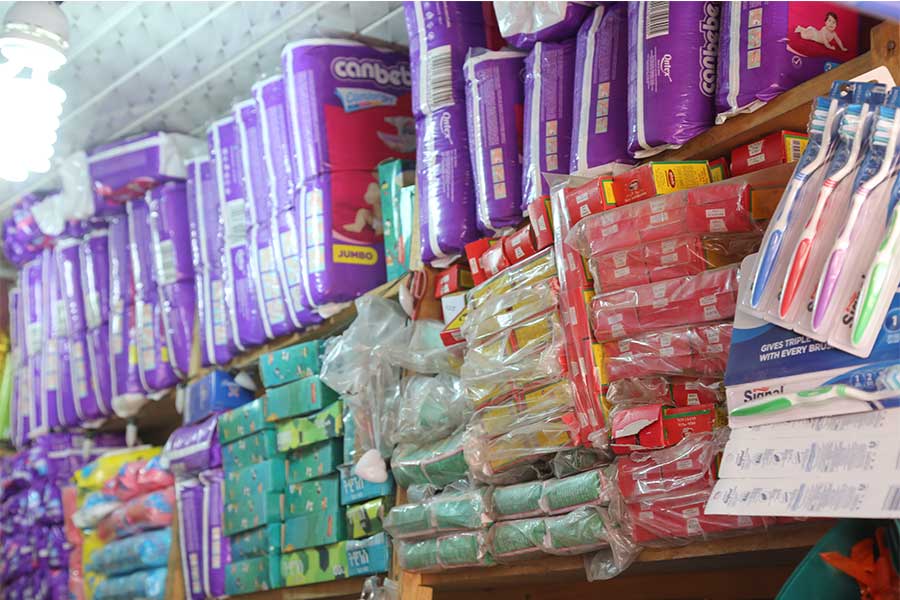
Featured | Oct 19,2019
Foreign agrochemical manufacturers accessing the Ethiopian market through local agents must designate permanent representatives, demands a new rule the Ministry of Agriculture will soon introduce.
The directive the Ministry's experts are drafting will cause drastic changes in the roles agents and importers of agrochemicals have in the market. The authorities claim they want to break the concentration of import and distribution of agrochemicals such as pesticides and herbicides in the hands of a few agents, who are constrained in their capacity to meet growing demands.
"This has affected supply," said Hailu Mekia, an agrochemical expert at the Ministry.
Ethiopia imports 40,000tn of agrochemicals annually. Adami Tulu Chemical Company is the lone local manufacturer, incorporated in 1998 with a capital of 40.5 million Br. It produces 440tn of chemicals annually, nowhere near sufficient to meet demand. Less than half of the 18 million small-scale farmers in the country applied agrochemicals in the last Mehir season. The pesticide was used on less than a quarter of 22.8 million hectares of land farmed.
Officials are convinced the low volume is due to dependence on agents who act as intermediaries for manufacturers abroad. There are seven representatives of foreign manufacturers and 133 registered agrochemical importers. The directive will allow agents to remain in the market as distributors, after receiving the chemicals imported through the permanent representatives.
Nonetheless, the proposed rules have drawn criticisms.
Replacing the agents is not the right move for the industry, says Fasil Tadesse, general manager of CropLife Ethiopia Agrochemical Association. The issue is not the agents' and importers' capacity, says Fasil.
"It's the shortage of foreign currency that limits the volume of agrochemicals they import,” he said.
Established in 1998 by six pesticide importers, the Association comprises seven representing multinational manufacturers and 22 importers. Agents and importers must register the products they import for local distributions.
Bayer, a German chemical manufacturer, has been active in the Ethiopian market since the late 1960s.
Yohannes Zekarias, a regulatory and field agronomy specialist at Bayer's Ethiopia office, says only a few manufacturers are willing to open representation offices in Ethiopia.
“They don't want to incur the cost only to sell a small quantity of their products,” he said.
According to industry insiders, it can cost 100,000 dollars a year to run a representative office in Ethiopia.
Fasil argues that the draft directive does not correspond to the proclamation governing the agrochemical market, which allows manufacturers represented by agents. However, the laws governing the registration and control of pesticides require companies not residing in Ethiopia to have an agent. A manager at a prominent agent challenges the Ministry for having no authority to introduce a directive before the government legislates a regulation and sets registration and quality assurance requirements.
The Ministry of Agriculture had tried to introduce a regulation seven years ago.
“We faced some legal issues that needed to be addressed,” said Hailu. “We decided to postpone and work on the directive.”
Industry players fear the move will only lead to more market concentration in the hands of a few. Before 1990, a handful of representatives of foreign companies dominated the import and supply of agrochemicals. The decades since have seen the promotion of a market economy, driven by the involvement of private companies in the import and distribution of pesticides. Most of these agents and importers distribute to retailers and end-users, though a few combine imports with the wholesale and retail business.
Yet, Hailu says few new products entered due to rules that prevent an importer from bringing in a brand registered by another agent. Close to 800 commercial pesticides, herbicides and fungicides representing over 450 active ingredients are registered in Ethiopia.
Farmers like Ameha Abraham, 54, are caught in the middle.
In the past, the father of four had been using the '2,4-D' and Palace brands, the most widely-used herbicides in the country, to gain the most out of his farm in Adea Wereda, Bishoftu, 60Km southeast of the capital. However, the mounting costs for agrochemicals have proved a barrier, as prices for herbicide doubled to 4,000 Br a litre over the past two years.
The rising prices have discouraged him from renting an extra few hectares of land to cultivate wheat and teff. He grows crops on 2.5hct of farmland.
“I no longer have the incentive to rent land because of the mounting costs,” he told Fortune.
The two brands are also the herbicide of choice for 355,000 farmers under the Merkeb Cooperative Union. The Union comprises close to 140 cooperatives in 11 weredas of the Gojjam Zone in the Amhara Regional State. It accesses agrochemicals through public enterprises, agri service centres, importers and wholesalers.
Of the 10,000lt agrochemicals the Union had ordered for the last harvest season, it received only 40pc. Shortage in supply has forced its members to look elsewhere, says Getachew Eshetu, manager of Merkeb Union.
"Farmers resort to buying agrochemicals from informal markets,” he told Fortune.
The Union has received 2,000lt of the 12,000lt it has ordered for the upcoming harvest season, disclosed Getachew.
Lemma Dagabassa has been lecturing at the School of Plant Sciences of Haromaya University for the past 10 years. He urges officials and farmers to consider using pesticides from natural sources.
“Organic pesticides costs much lower and are available in abundance,” he said.
Fasil says the Association has discussed the contents of the directive with the Ministry's officials.
“Agents and importers have also established a committee," he said. "They have communicated their concerns."
Hailu concedes that some of the concerns raised are legitimate.
“Agents and importers have been investing to cover the cost of promotion and laboratory fees,” he told Fortune.
The Ministry has scheduled another round of discussions for later this month.
PUBLISHED ON
Mar 23,2022 [ VOL
22 , NO
1143]

Featured | Oct 19,2019
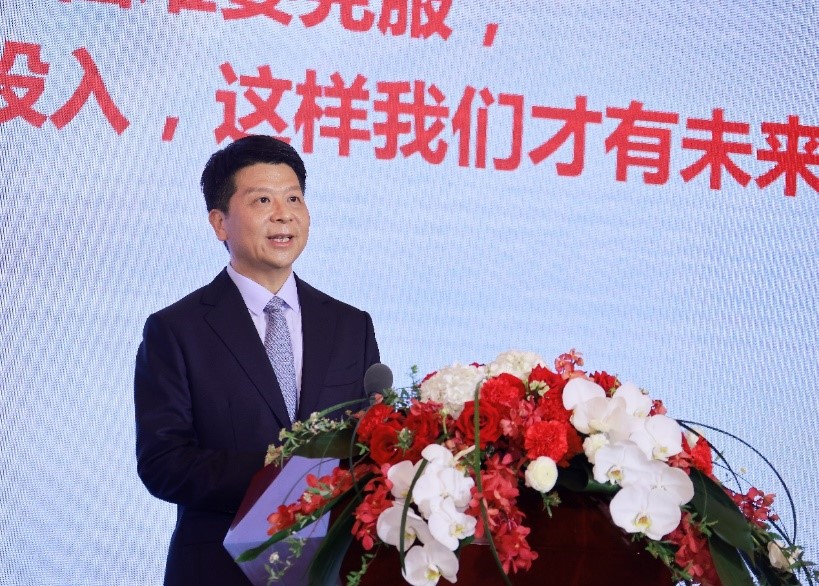
Sponsored Contents | Apr 05,2022

Radar | May 20,2023
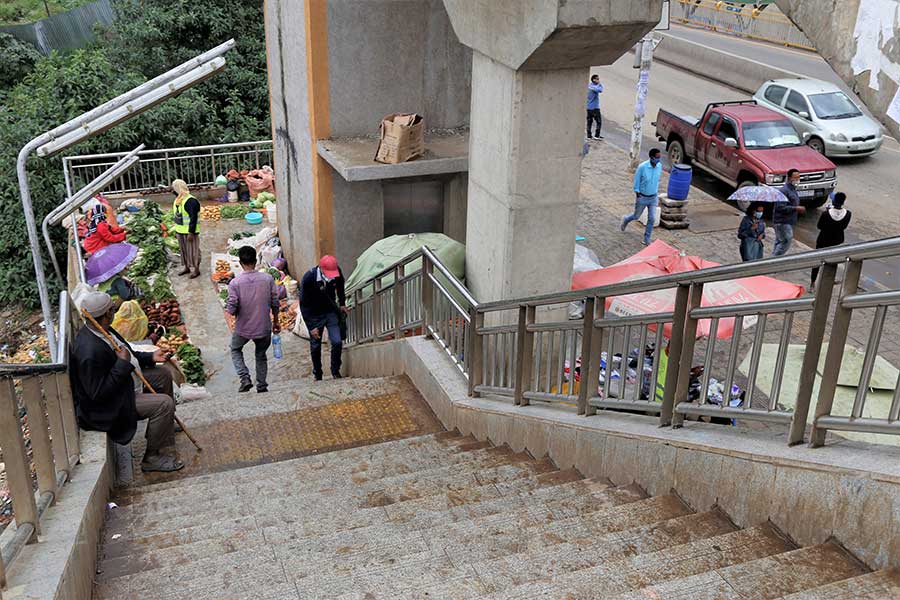
Radar | Jun 20,2020

Radar | Sep 18,2021
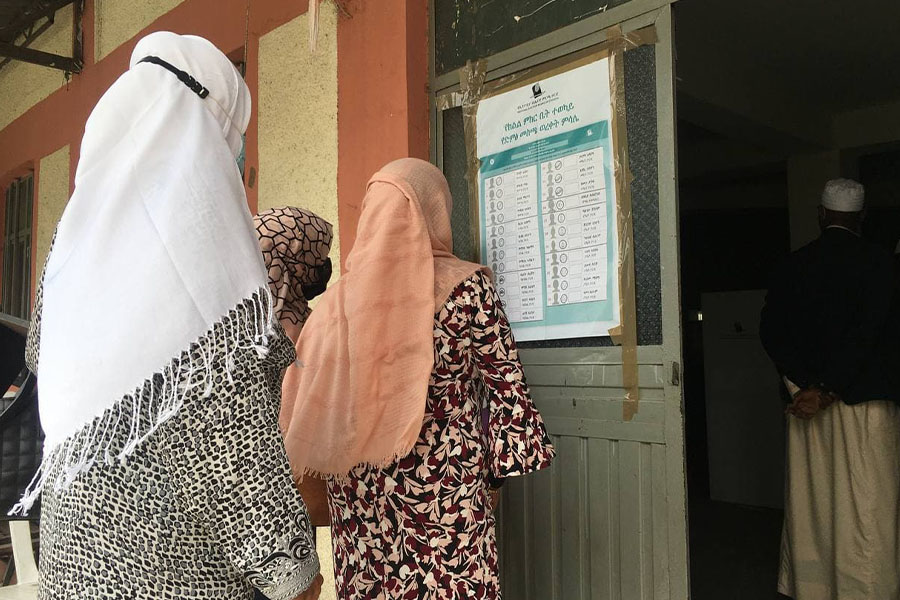
Fortune News | Sep 30,2021
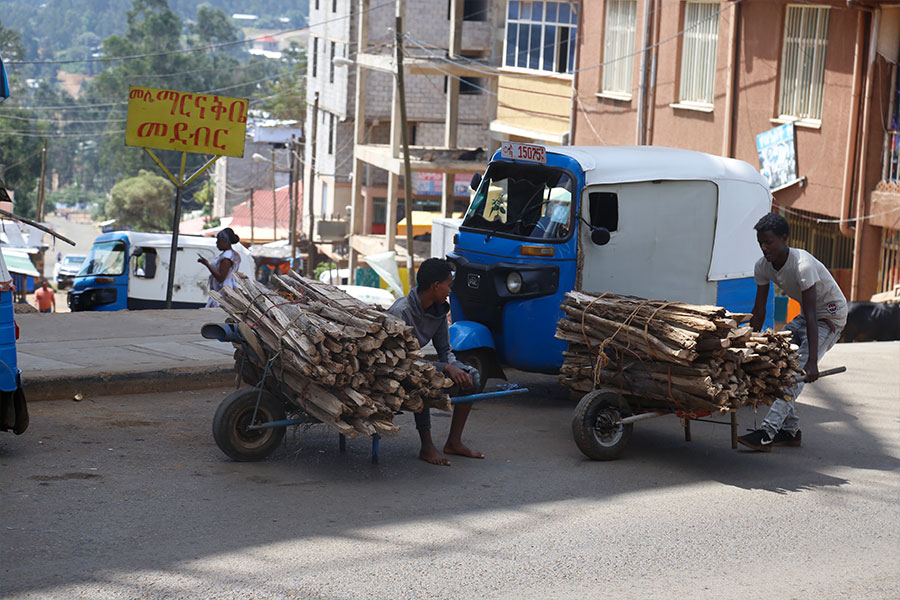
Radar | Jun 21,2021

Radar | May 14,2022

Radar | Jun 30,2024

Radar | Jul 11,2021

Dec 22 , 2024 . By TIZITA SHEWAFERAW
Charged with transforming colossal state-owned enterprises into modern and competitiv...

Aug 18 , 2024 . By AKSAH ITALO
Although predictable Yonas Zerihun's job in the ride-hailing service is not immune to...

Jul 28 , 2024 . By TIZITA SHEWAFERAW
Unhabitual, perhaps too many, Samuel Gebreyohannes, 38, used to occasionally enjoy a couple of beers at breakfast. However, he recently swit...

Jul 13 , 2024 . By AKSAH ITALO
Investors who rely on tractors, trucks, and field vehicles for commuting, transporting commodities, and f...

Oct 25 , 2025
The regulatory machinery is on overdrive. In only two years, no fewer than 35 new pro...

Oct 18 , 2025
The political establishment, notably the ruling party and its top brass, has become p...

Oct 11 , 2025
Ladislas Farago, a roving Associated Press (AP) correspondent, arrived in Ethiopia in...

Oct 4 , 2025
Eyob Tekalegn (PhD) had been in the Governor's chair for only weeks when, on Septembe...